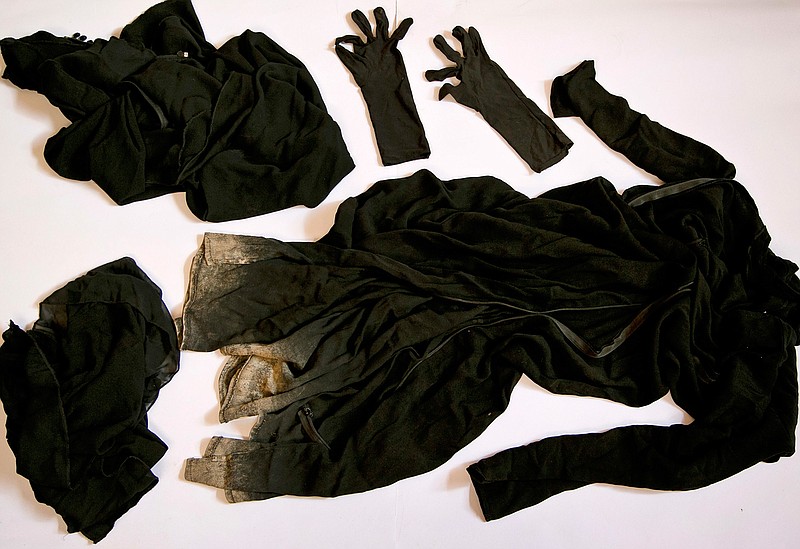WASHINGTON-War crimes investigators collecting evidence of the Islamic State group's elaborate operation to kidnap thousands of women as sex slaves say they have a case to try IS leaders with crimes against humanity but cannot get the global backing to bring current detainees before an international tribunal.
Two years after the IS group's onslaught in northern Iraq, the investigators, as well as U.S. diplomats, say the Obama administration has done little to pursue prosecution of the crimes that Secretary of State John Kerry has called genocide. Current and former State Department officials say that an attempt in late 2014 to have a legal finding of genocide was blocked by the Defense Department, setting back efforts to prosecute IS members suspected of committing war crimes.
"The West looks to the United States for leadership in the Middle East, and the focus of this administration has been elsewhere-in every respect," Bill Wiley, the head of the independent investigative group, the Commission for International Justice and Accountability, told The Associated Press.
Officials in Washington say that the Defense Department and ultimately the administration were concerned that court trials would distract from the military campaign. But the diplomats say that justice is essential in a region whose religious minorities have been terrorized. The officials spoke on condition of anonymity because they were not authorized to discuss the issue.
The U.S. has no legal obligation to take on the genocide of the Yazidis, but President Barack Obama has said that "preventing mass atrocities and genocide is a core national security interest and a core moral responsibility of the United States of America."
Stephen Rapp, who stepped down as the administration's ambassador at large for war crimes last year, says the administration should have moved early to help secure evidence of IS atrocities and push for the creation of special Iraqi courts to try war crimes.
"The priority for the U.S. government is to win the war against the Islamic State and destroy them," Rapp said. "It's been profoundly disappointing, because the idea of accountability has been such a low priority."
Rapp is now the chairman of the advisory board of the commission, whose investigators in Iraq work with the Kurdish regional government to formally document the IS crimes, including those against the Yazidi minority group. They have built a case implicating the entire IS command structure in a plot to kidnap Yazidi women and girls and establish a sex slave market.
The plan was executed by an organized bureaucracy, from the temporary sorting facilities-including a prison, schools and a curtained ballroom where the Yazidis were divided by age and willingness to convert to Islam-to the waiting buses that would haul them by the dozens across the border to Raqqa. The Islamic State group's Shariah courts soon stepped in, to settle contract disputes and ensure that its finance hierarchy got its cut of the sex-slave proceeds.
"You have members of IS who were engaged in ensuring that this system continued and that it functioned well," said Chris Engels, the American lawyer who is leading the commission's legal investigation. Without a legal documentation of their identities from the top down, many could "slide into refugee streams" and disappear, he said.

